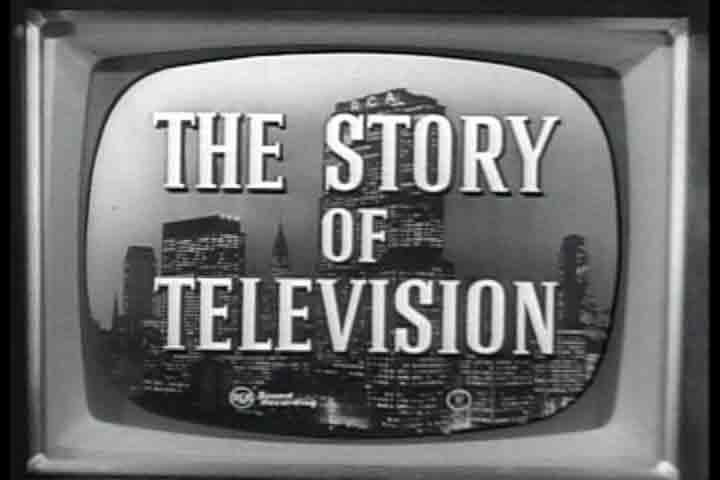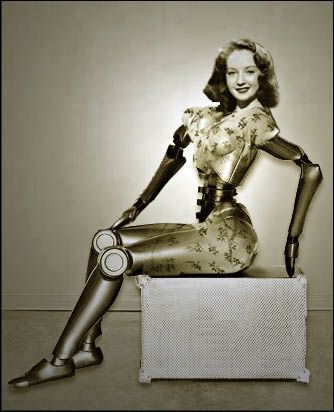
This week we had a guest lecturer, Stephen Stockwell. He talked about politics and the internet and the many options available for politically minded people to express their opinions online, and the ways in which political parties & leaders attempt to use the internet to influence voters.
Democracy
Firstly, CyberPolitcs is about the use of the internet for political activity, the politics of the internet and any political activities that are carried out on the internet.
eDemocracy is about the internet's influence on politics and democracy. Its about more active participation of the people in political activities, thanks to access to the internet. It covers everything from political parties campaigning on the internet to people using blogs & forums to critcise the government in power.
 Democracy is a system of government in which either the actual governing is carried out by the people governed (direct democracy), or the power to do so is granted by them (as in representative democracy) (http://en.wikipedia.org/wiki/Democracy). Common definitions include 'the rule of the many', 'the rule of the majority' and 'government of the people, by the people, for the people'.
Democracy is a system of government in which either the actual governing is carried out by the people governed (direct democracy), or the power to do so is granted by them (as in representative democracy) (http://en.wikipedia.org/wiki/Democracy). Common definitions include 'the rule of the many', 'the rule of the majority' and 'government of the people, by the people, for the people'.Mass Media
The Second Media Age is said to be characterised by decentralised media systems with global reach that are readily accessible to all. This availability of communication of many to many is said to produce a new type of politics. We are said to be experiencing the second media age now, due to the invention and wide use of the internet.
The internet may be open to more effective and invasive manipulation than older media forms due to its rapid commercialisation and potential to record and analyse all information transmitted.
There are also problems associated with the use of the internet as a means for political communication. For example, those who produce the political message cannot control how the audience reads the information, they may interpret it in a variety of different ways. For example, they can simply accept the message, they can draw an alternative reading from the material or they can simply oppose the provided message. People produce their own interpretations of the messages they receive.
 Television is an example of communication that reaches across class, gender, ethnic, national, and other boundaries and as such, allows the audience to be citizens of a symbolic community. In this situation, the only political power the audience has is to change the channel if they do not like the message being received.
Television is an example of communication that reaches across class, gender, ethnic, national, and other boundaries and as such, allows the audience to be citizens of a symbolic community. In this situation, the only political power the audience has is to change the channel if they do not like the message being received.Free Speech & Censorship

The idea of free speech is an essential part of democracy, however in Australia, we don't have the constitutional right to free speech. The internet poses threats to free speech with issues such as copyright and censorship hampering peoples ability to speak their minds.
Hackers
Hackers are computer programmers who have a desire to understand the intricacies of computing systems. They break into systems to look around and understand. They seek to free information and don't see computer systems as corporate property. Hackers are different from crackers who damage or steal data. Hackers adhere to The Hacker Ethic, their code which states their belief in the free sharing of information, and their intent to never harm the data they find. We are all hackers when we seeks ways around bugs, use tricks or guesses not fully understanding what we are doing until the program works the way we want it to.
Cyberpunk
Cyberpunk is a science fiction genre based on the possibilities present in computers, genetics, body modifications and corporate developments in the near future. These films often involve megacorporations, artificial intelligence, hackers and/or advanced science and their effects on social breakdown or radical social change. The Matrix is one example of a cyberpunk film.
Cyberpunk Themes
- Technology & Mythology - morals such as knowledge brings awareness of suffering & attendant responsibility, technological advancement comes at a price, scientific advancement & technological development have unexpected consequences. Cyberpunk seeks to de-mythoologise technology and re-mythologise technology.
- Utopia & Dystopia - Utopias are imaginary places where everything is perfect because people and technology are in harmony. Technology is sometimes seen as Utopia, we can create our own perfect virtual world and get rid of the real one...until someone turns off the switch! There are also examples of modern technological dystopias such as George Orwell's 1984.
- Cities as Machines - this is focused on the idea that the shape of a city dictates the kind of lives that people in that city will lead. Three conflicting ideas central to this theme are the city is a machine for living, creating human life whilst also being created by humans, the city is a natral thing created by humans like a bee-hive or ants nest might be, and the city is a living being, a cyborg which combines human tissue with synthet
 ic infrastructure.
ic infrastructure. - Technological Change - The earliest forms of communication were created by one source and consumed by many receivers. There was only a small number of people who were able to be the producers of the message. The internet has now changed this and allowed anyone to produce the message and to also allow the receivers to interact with the message. Does this use of the internet signal the start of a second media age?
- Modernism to Postmodernism - new media brings with it new issues; the need to protect rights of access, equity of access, the means to strenthen & enhance existing community structures, the development of the democratic process, the development of a global community, the development of strategies for implementing and enforcing global laws, intellectual property laws, freedom of speech.

No comments:
Post a Comment